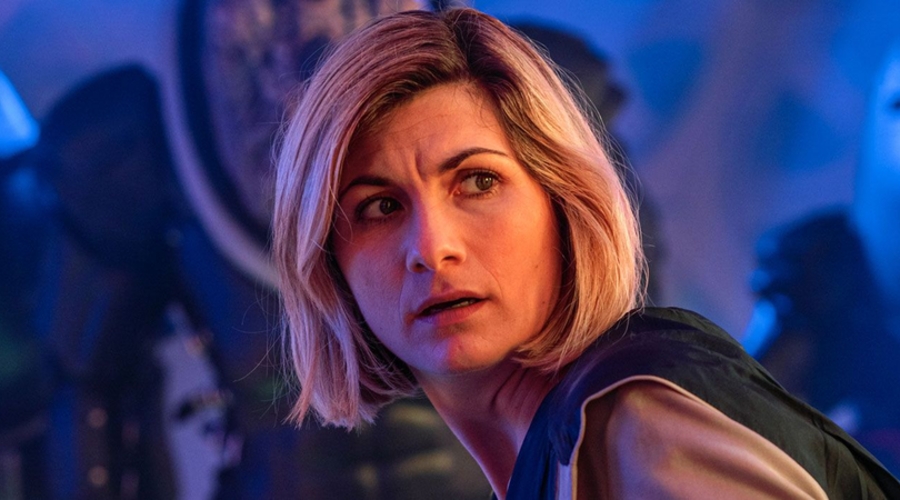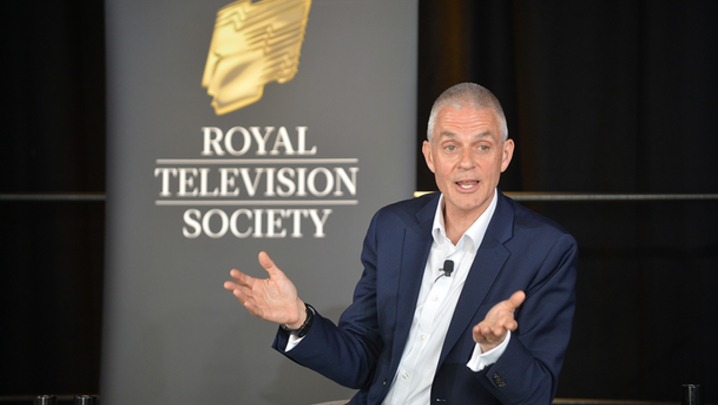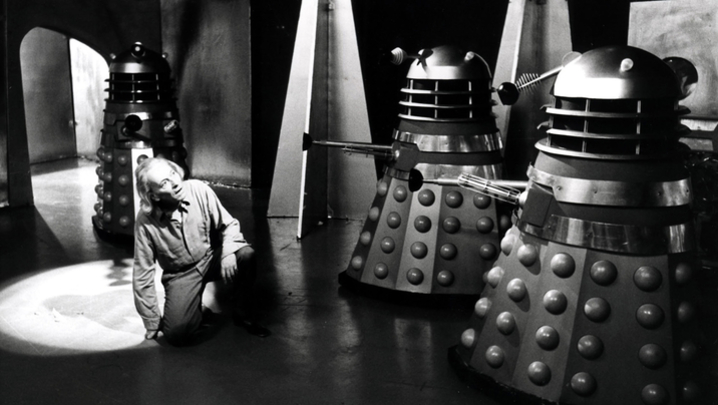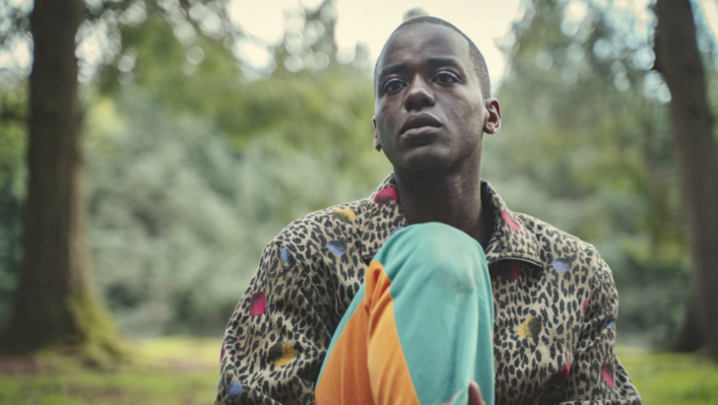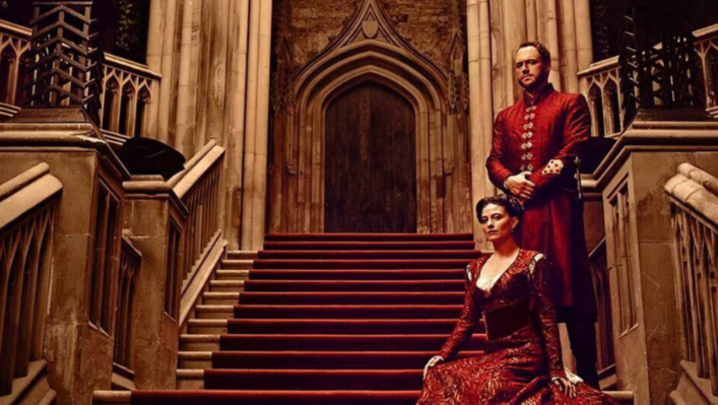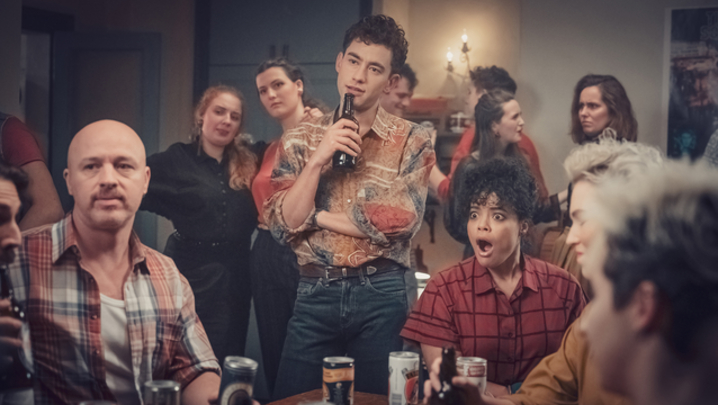Fiona McAllister works for Nicola Shindler’s new indie, Quay Street Productions, having learnt the ropes on the soaps Emmerdale and Coronation Street and then on Jodie Whittaker’s Doctor Who.
What does the job involve?
Basically, the job is finding brilliant writers and working with them on their ideas; then, once we find the right broadcaster, working with the commissioner and the writer to create the series.
All production companies work differently and some have either development or production script editors, but, at Quay Street, I work across both, so I get to stay with the writer from the very beginning of the idea all the way through production and post.
What is your role during the development stage?
Development involves reading books and articles, keeping up with what’s on TV, reading a lot of scripts and meeting with writers to talk about their ideas and seeing if we would be a good fit. That relationship with the writer is crucial because talking about stories can be a bit exposing – honesty, trust and humour are important. As a script team, we’re pretty collaborative, so each project might get a couple of editors.
And during production?
By the time we reach prep, the scripts should be in pretty good shape. The director and producer may have editorial notes to feed in at this point, and this is where we’re tweaking and amending the scripts to fit production specifics, such as locations, schedule and budget. This is also where we do a read-through, which usually involves a dialogue pass.
As an exec, I’m currently working with a brilliant script editor who leads on the more time-consuming jobs (writing notes, issuing amends, proofing drafts, etc) but I’m across all the story changes and script continuity. It’s a pretty sweet deal.
How many rewrites does a script go through?
That depends on the writer and the project. Some writers may not need that many drafts, or even that much input from a script editor, and in those cases my role might be more research-oriented – for example, if it’s based on a true story, I may have to find the real people involved and connect them with the writer.
On other shows, the story emerges through the redrafting process, where writers want script editors to contribute editorially.
How did you become a script editor?
After studying English literature at Hull university, I got an entry-level job in ITV scheduling, then became the script assistant on Emmerdale. I was typing up amendments, checking continuity and writing up synopses.
I’m very protective of soap, it’s incredibly hard work and it’s a steep learning curve – I worked with some fantastically talented people. I did research for a few years, then assistant script editing, script editing and senior script editing. I moved on to Coronation Street and Doctor Who for Jodie Whittaker’s first two series, before going to Kudos to work in development and then to Quay Street.
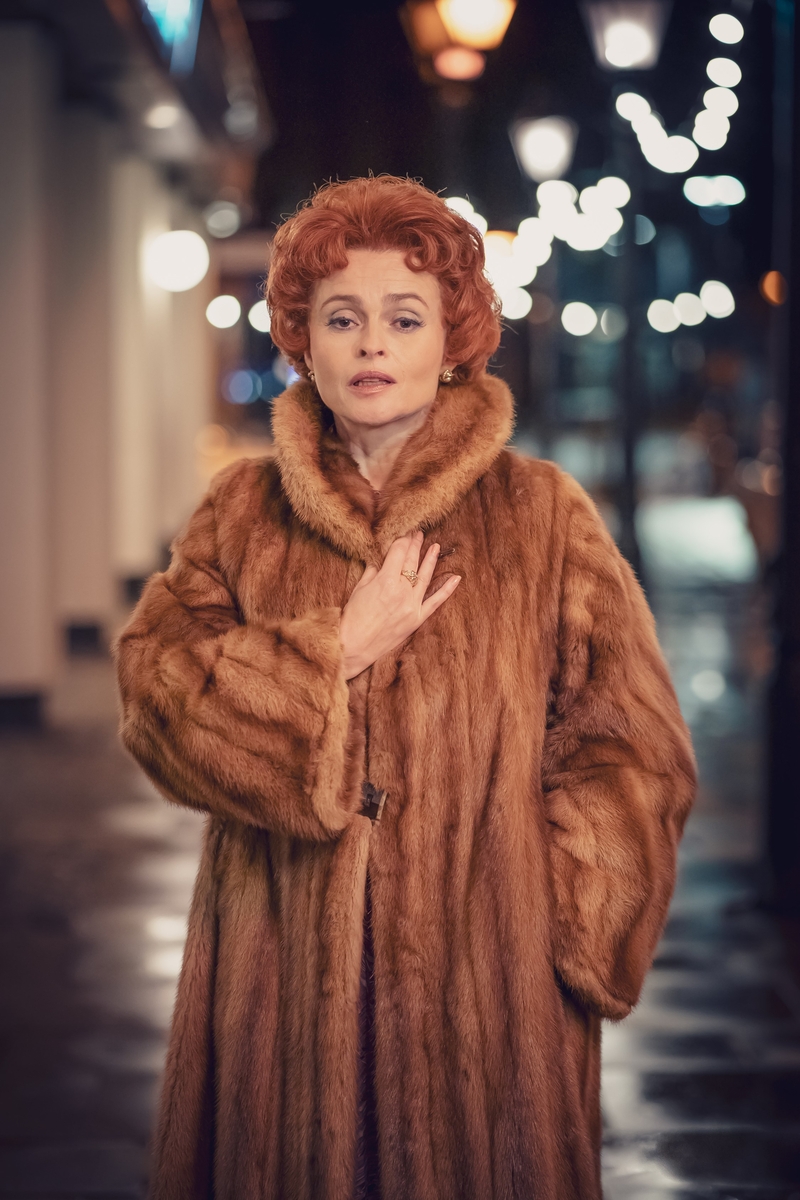
What are you working on at the moment?
I’m working across a pretty cool slate of shows, but I’m chuffed that Significant Other has been announced – it’s a unique, weird comedic drama that we’ve been working on for a while with brilliant writers Dana Fainaru and Hamish Wright. Plus, it’s got a dream cast, director and producer. It’s properly exciting. And we’ve just wrapped on Russell T Davies’s Nolly, starring Helena Bonham Carter. My colleague Charlie worked on Nolly but I read the scripts and peeked at the rushes and they are stunning. Both will be coming to ITV next year.
What makes for a good script editor?
If you don’t like reading, it’s not the job for you – it’s a sedentary job that involves a lot of reading and note writing. And you’ve got to love TV. It also requires hard work, attention to detail, enthusiasm and good organisation (or a heavy reliance on calendar apps).
Can it be tricky working with writers?
Writers usually want the input of a script editor. At Quay Street we’re led by the writer’s ideas. You have to ask questions and sometimes challenge them, sometimes contribute with ideas and editorial suggestions, but not tell them what to do.
My job is not to be prescriptive and force a writer down a certain path; I’m not the writer. It’s my job to help them achieve their vision, and get them greenlit. And, sometimes, offer emotional support. It’s more of a friendship, I think.
What are the biggest challenges?
Picking yourself up when a script is rejected. When you’re working with a writer on a project you really believe in, not getting it commissioned can be devastating. You work closely with a writer and form a bond with them – you really want them to succeed. It isn’t necessarily a reflection on the quality of the work; it might not be the right time now, but it could happen in the future. Sometimes a project takes years for the stars to align and the right commissioner to get on board.
What do you bring to work with you?
When I started everything was on paper, so I had a massive bag filled with scripts, notebooks and pens; now I carry an iPad, which is much better for the trees and my back. When a show is being filmed, though, I still have physical scripts with the annotations and amends handwritten in; it’s probably more superstition than practicality.
What does a typical working day look like for you?
Every day is different; there’s always a pile of scripts screaming to be read, but I could be in a writers room, working on script notes or story documents – there’s a lot of note writing – talking to a writer or in a development meeting. When you’re in production, it gets more varied.
What are the best and worst parts of the job?
They are two sides of the same coin – when something you’ve worked on goes out on TV it is simultaneously the best and worst feeling. It’s the best because it’s been such a long process and you’re super proud of it, but I’m also a masochist, so I’m on Twitter reading what people are saying about it.
Working on a TV institution such as Doctor Who must be terrifying – was it?
There was a lot of pressure because people feel such a sense of ownership over it – including me! I’ve watched it religiously since the reboot. I probably should have stopped looking at Twitter then, but I didn’t.
What advice would you give to someone wanting to be a script editor?
You don’t need to pay for expensive courses at film or television school – you can learn on the job. I learnt by working with brilliant script editors and seeing how they did it.
There are also lots of film scripts available online – read them and work out why they work. Get in touch with production companies and offer to write script reports for them – that’s often the first step to script editing.
I came at it a different way and found it invaluable working my way up on continuing dramas; I would highly recommend it. You could also start as a runner, to get your foot in the door and then try to move into script editing that way.
Where do you see your career going?
Script editing can be a great stepping-stone to either writing or producing, but it can also be a job for life. I love it, but I’m hoping I could make the move into producing in the future.
What type of TV series would you love to work on?
At Quay Street, I get to work across many different types of programmes – as a script editor, it helps to have a broad taste in TV. But I was a bit obsessed with the Second World War drama Band of Brothers – it’s a perfect TV show. If I had a time machine, I’d go back and work on that.
Fiona McAllister was interviewed by Matthew Bell.

